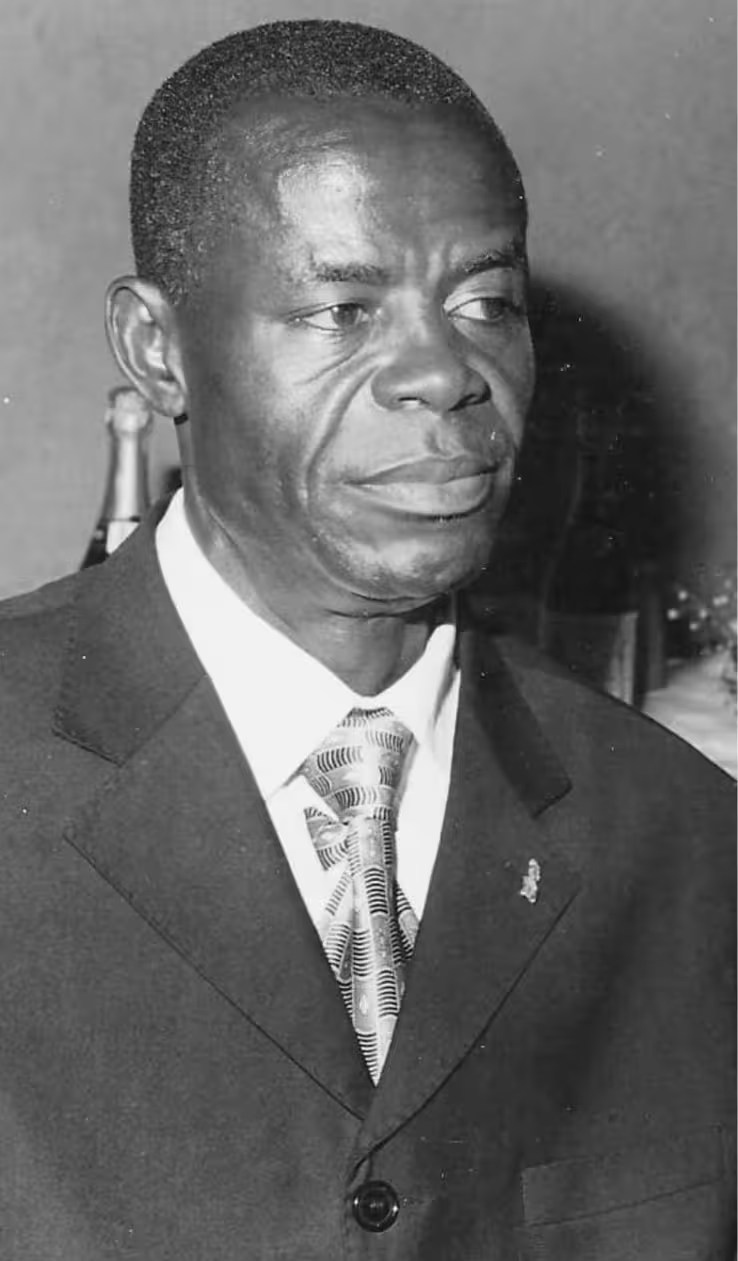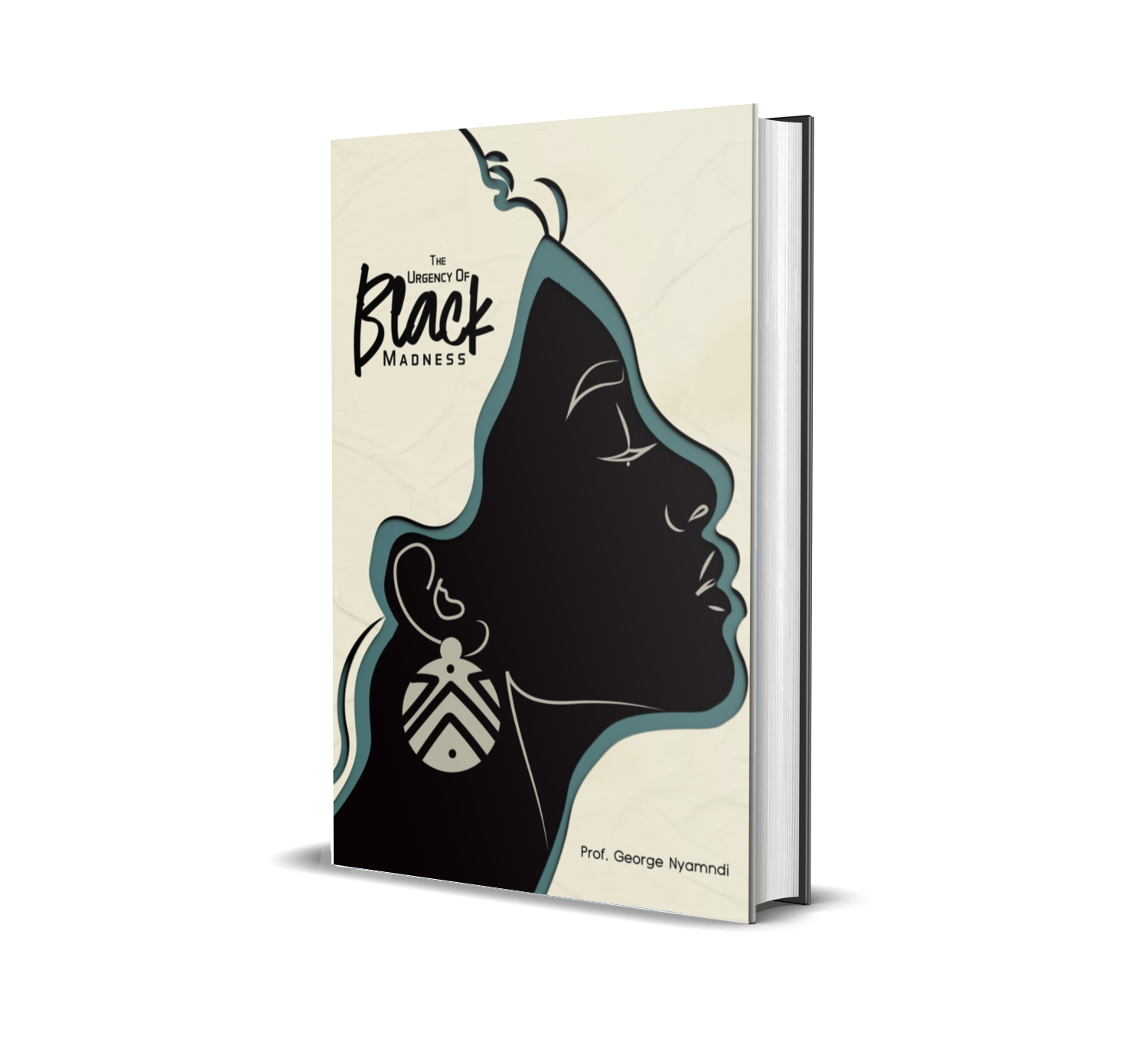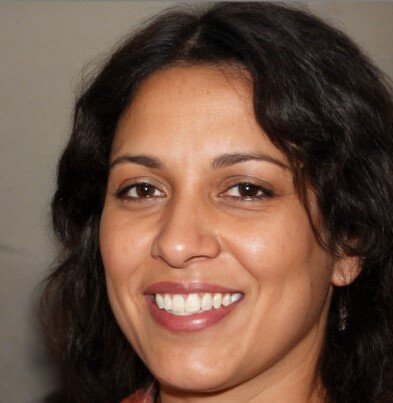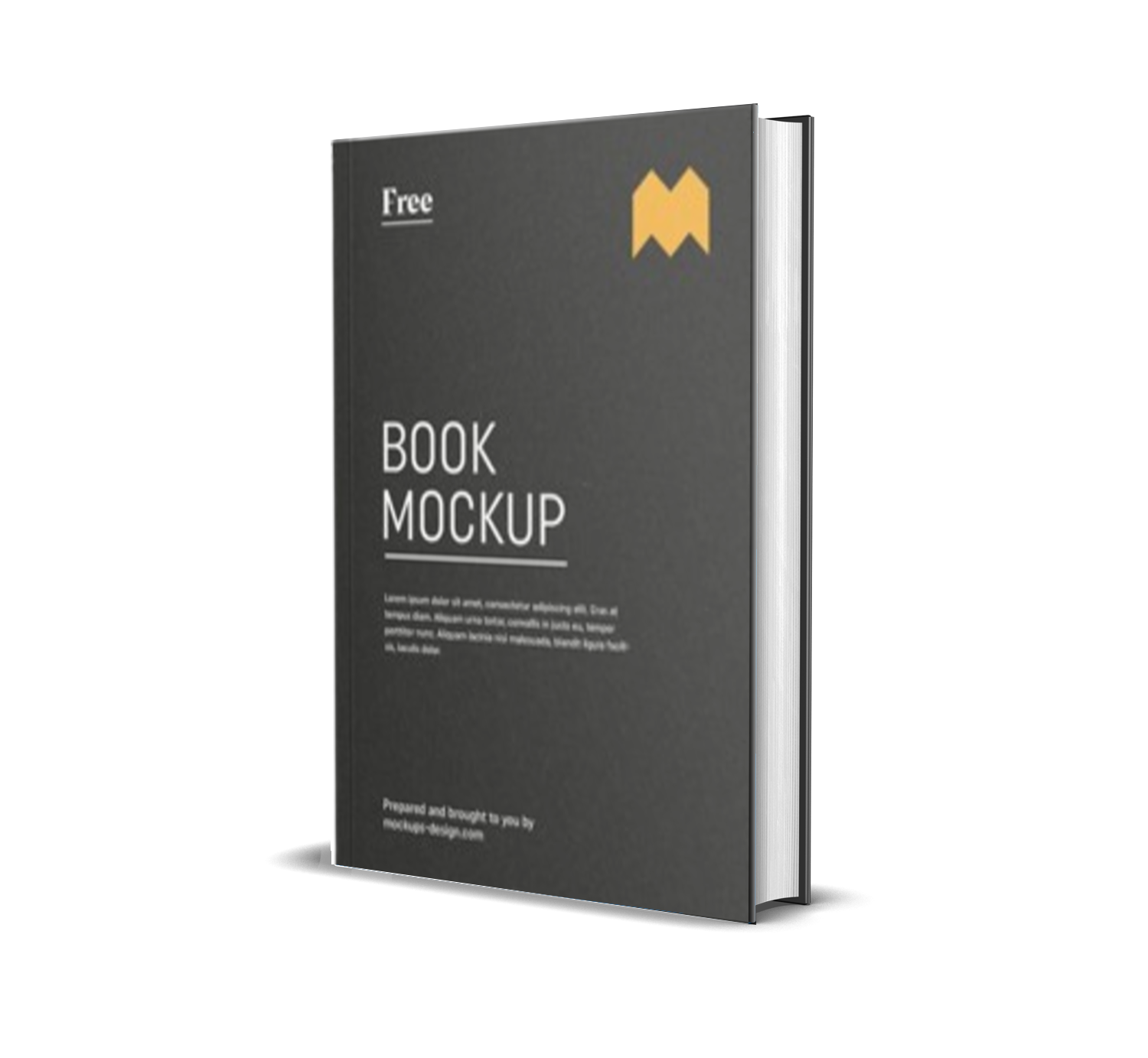The
Urgency of
Black
Madness
The
Urgency of
Black
Madness
Rewriting the narrative from one of victimhood to one of vision, Prof. George Nyamndi challenges the Black community to rise, reflect, and reclaim its future.
A Radical Call to Rethink Identity, Responsibility, and Racial Healing
The Author
Prof. George Nyamndi,
Prof. George Nyamndi is a brilliant scholar and social commentator whose writing engages the age-old issues of race, identity, and historical responsibility. In The Urgency of Black Madness, he presents a scathing and self-reflexive analysis of racism, not simply an imposition by others, but as an occurrence deeply connected to the shortcomings and obligations within the Black race itself.


The Urgency of Black
Madness
The Urgency of Black Madness is a scathing, deeply self-reflexive manifesto that resists conventional stories about race, racism, and black identity. By Professor George Nyamndi, this thought-provoking book redirects the debate on racial inequality by finger-pointing inwards, to black self-awareness, responsibility, and regeneration.
Other books
What Our Readers Say
Real Stories, Real Impact





Book Themes

The African Dimension of Racism: What History Forgot to Teach
Uncover the untold African origins of global racism. This piece explores how overlooking Africa’s historical role weakens the international understanding of race, privilege, and justice. A compelling read for anyone questioning what they thought they knew.

Victimhood vs. Vision: Why the Black Race Must Rewrite Its Narrative
How do we move from inherited trauma to transformative action? This blog delves into Prof. Nyamndi’s bold claim that self-inventory, rather than blame, is the key to genuine racial change. It’s time to shift from complaint to capability.

From Reflection to Action: Why This Book Could Change the Way You Think About Race
Thinking of buying The Urgency of Black Madness? Here’s why you should. This blog summarizes the key takeaways from the book and explains how it empowers readers to challenge assumptions, take on their responsibilities, and become agents of healing.
